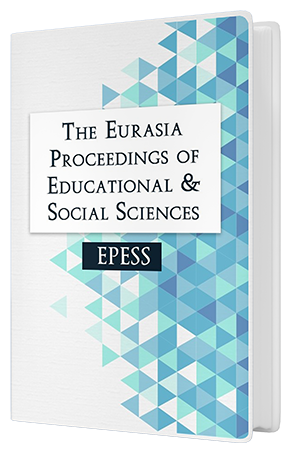LEADERSHIP STYLES ADOPTED BY HEADTEACHERS AND THE INFLUENCE ON STAFF PERFORMANCE INPRIMARY SCHOOLS OF CHIMOIO CLUSTER IN MOZAMBIQUE
Keywords:
Leadership styles, school performanceAbstract
The research study was designed to examine the leadership styles adopted by head teachers and the influence on staff performance in primary schools of Chimoio cluster in Mozambique. The research design used was a mixed method that incorporated both the quantitative and qualitative approaches. The target population consisted of head teachers, teachers and non-teaching staff from which a sample of five head teachers from five schools, thirty teachers and twenty non-teaching staff were involved in the study through purposive and random sampling. The research instruments used to collect data were open and close format questionnaire, in-depth interview and document analysis. The study findings showed that the overwhelming majority of head teachers employ democratic leadership style in Chimoio cluster primary schools which enhances positive school staff performance. Regarding to major factors that influence negatively the staff performance, the majority of the respondents highlighted lack of motivation, pupils’ incompetence, low remuneration, coercive measures and lack of in-service training for professional development. It was evident from the findings that through democratic approach, staff participation and involvement in school matters and positive interpersonal relationship between school staff and head teachers influence the staff performance in various primary schools in Chimoio cluster. The study also established that there is a significant relationship between democratic leadership style and school climate. The main recommendations were addressed to the District Services of Education, youth and technology of Chimoio that should sensitise head teachers to apply democratic leadership style to enhance positive school staff performance, to run periodically in-service training to head teachers in collaboration with local universities which could adopt them with competence-based approach, towards management and leadership skills so that they improve the performance of their schools, to find ways of increasing school income for paying incentives and monetary reward so that it motivates the school staff.Downloads
Published
Issue
Section
License
Copyright (c) 2016 The Eurasia Proceedings of Educational and Social Sciences

This work is licensed under a Creative Commons Attribution-NonCommercial-ShareAlike 4.0 International License.
The articles may be used for research, teaching, and private study purposes. Any substantial or systematic reproduction, redistribution, reselling, loan, sub-licensing, systematic supply, or distribution in any form to anyone is expressly forbidden. Authors alone are responsible for the contents of their articles. The journal owns the copyright of the articles. The publisher shall not be liable for any loss, actions, claims, proceedings, demand, or costs or damages whatsoever or howsoever caused arising directly or indirectly in connection with or arising out of the use of the research material. All authors are requested to disclose any actual or potential conflict of interest including any financial, personal or other relationships with other people or organizations regarding the submitted work.




